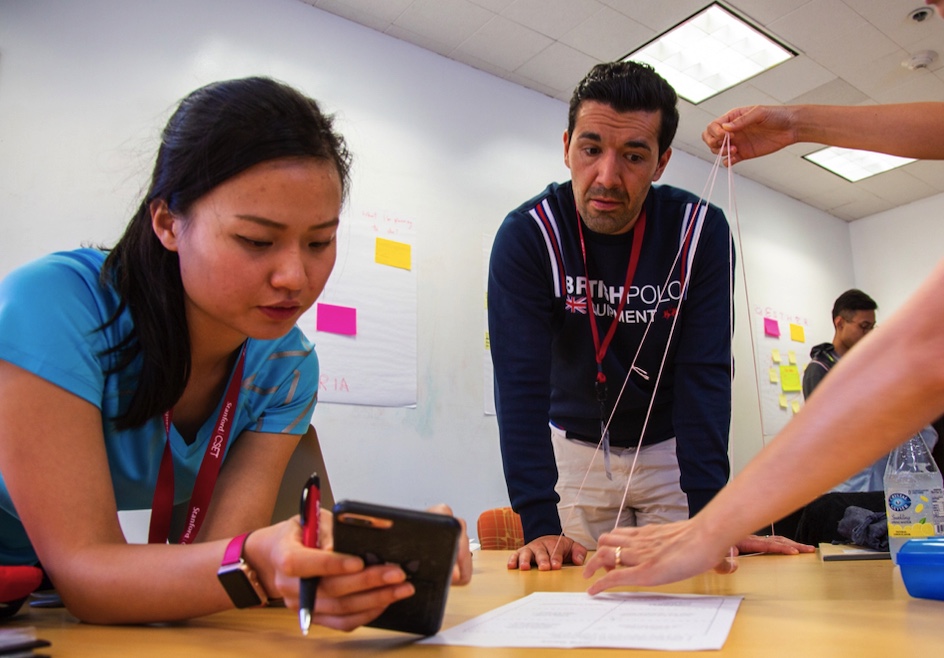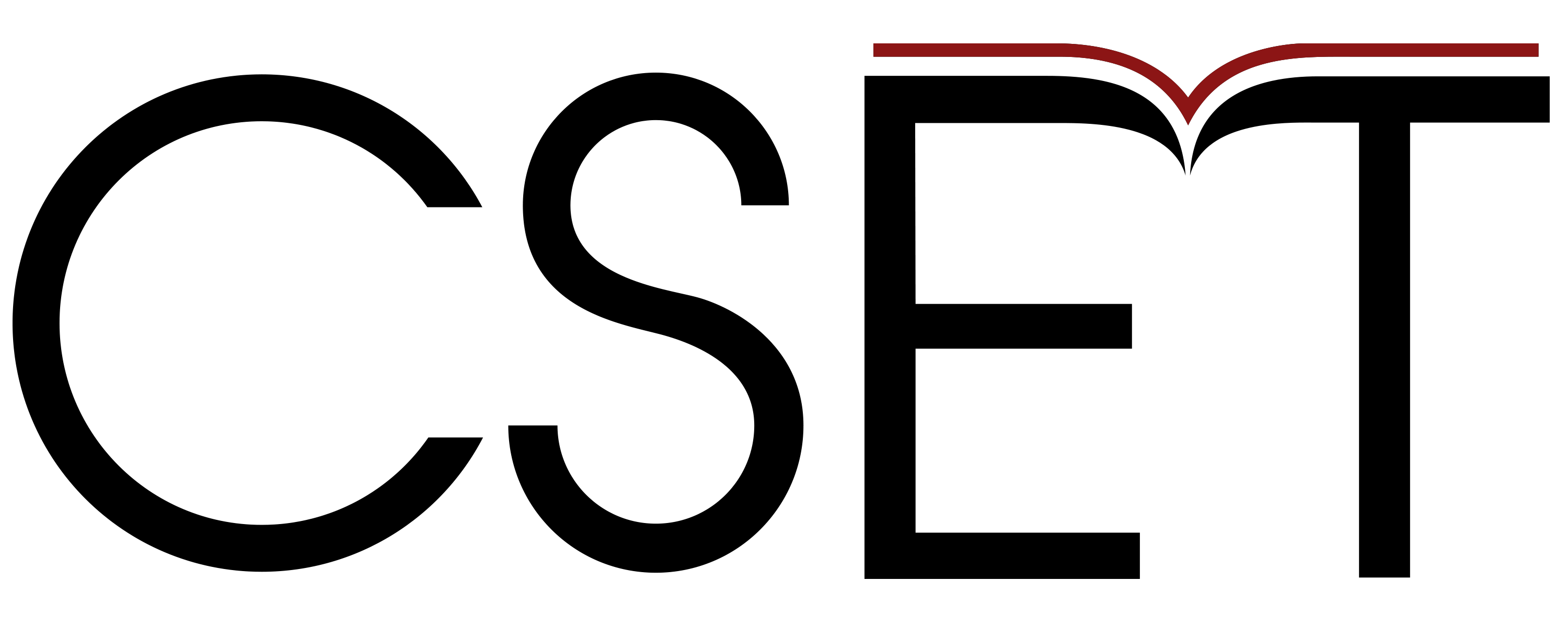
Making Student Thinking Visible: Using Formative Assessment to Transform Teaching and Learning in Service of Equitable Student Outcomes
Due to the COVID-19 pandemic, these courses will be offered VIRTUALLY in a mixture of synchronous and asynchronous learning with an additional 4 mentoring sessions to be scheduled during the following school year. Click HERE to learn more about our approach to robust online professional learning experiences.
Course Details
This interactive and intensive year-long professional learning experience provides an opportunity for teachers to explore research-informed ideas about formative assessment, which is one of the most powerful core practices for identifying where students are in the learning process and for increasing student achievement (Black, B. P., & Wiliam, D., 1998), and while institute learning will be applicable for working with all students, we will center our conversations and practice through the lens of formative assessment as integral to equity efforts in schools. Formative assessment is a powerful practice for making student thinking visible and for creating more holistic pictures of students’ strengths and needs than traditional and standardized assessments in schools, thus creating conditions for disrupting inequities and better serving traditionally underserved students.
The institute is designed for grade-alike teaching teams from core content subject areas. Our approach is relevant for teachers from any school system or country that values student-centered learning and would like to learn about how to bridge formative assessment research and practice. Teachers will apply ideas introduced during the institute by engaging in a collaborative formative assessment cycle of inquiry. CSET recognizes that transformative professional learning occurs when teachers are afforded sustained and ongoing opportunities to apply and reflect. To that end, this program begins the cycle of inquiry during the summer institute and then provides support through the school year via four virtual group coaching sessions. Teachers will meet with content area colleagues in a video conference facilitated by a CSET instructional coach. These sessions are included in the institute tuition.
Questions That Guide the Institute:
- What is the core practice of formative assessment, and what is the research base that supports it as one of the most powerful ways to increase student achievement?
- How is the core practice of formative assessment essential to mitigating opportunity gaps for students and creating more equitable learning outcomes?
- How is robust formative assessment a culturally sustaining practice?
- Why is the mapping and sharing of clear learning trajectories, learning targets, and criteria for success critical to formative assessment?
- How do teachers elicit and respond to student thinking and adjust instruction as a result?
- What is the role of feedback in formative assessment? What are the highest-leverage feedback moves a teacher can make to impact learning for all students?
- Why is it essential that formative assessment is a collaborative process amongst teachers, learners, and their peers?
- What roles do self-assessment, self-monitoring, and peer assessment play in a highly efficacious formative assessment process?
Who Should Attend:
- K-12 teachers with two or more years of teaching experience in science, math, history/social science, or language who are committed to their own professional growth and equitable learning outcomes for their students
- Teams of two or more grade-level and content-alike teachers from the same school
- Teachers looking for meaningful collaboration opportunities with colleagues from different schools from around the world
Date and time
July 25, 2021 - July 29, 2021
Location
Remote Learning
Cost
$2500 USD.
